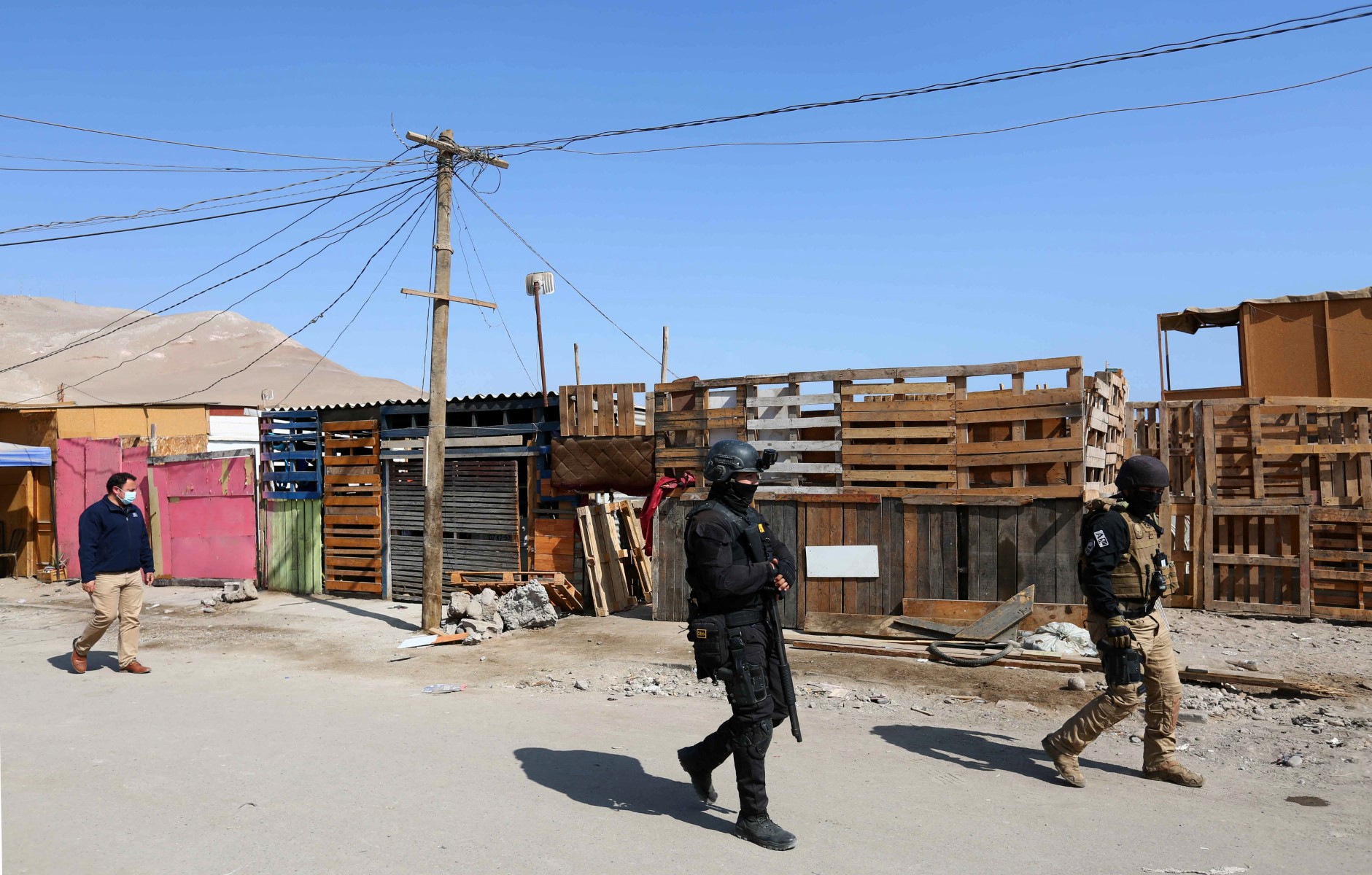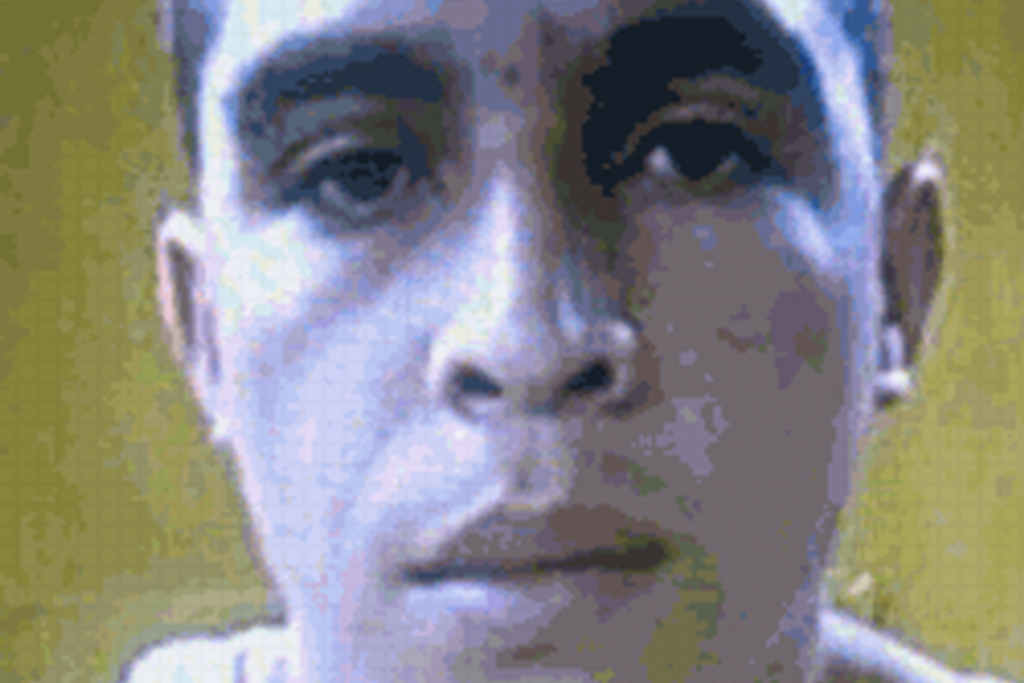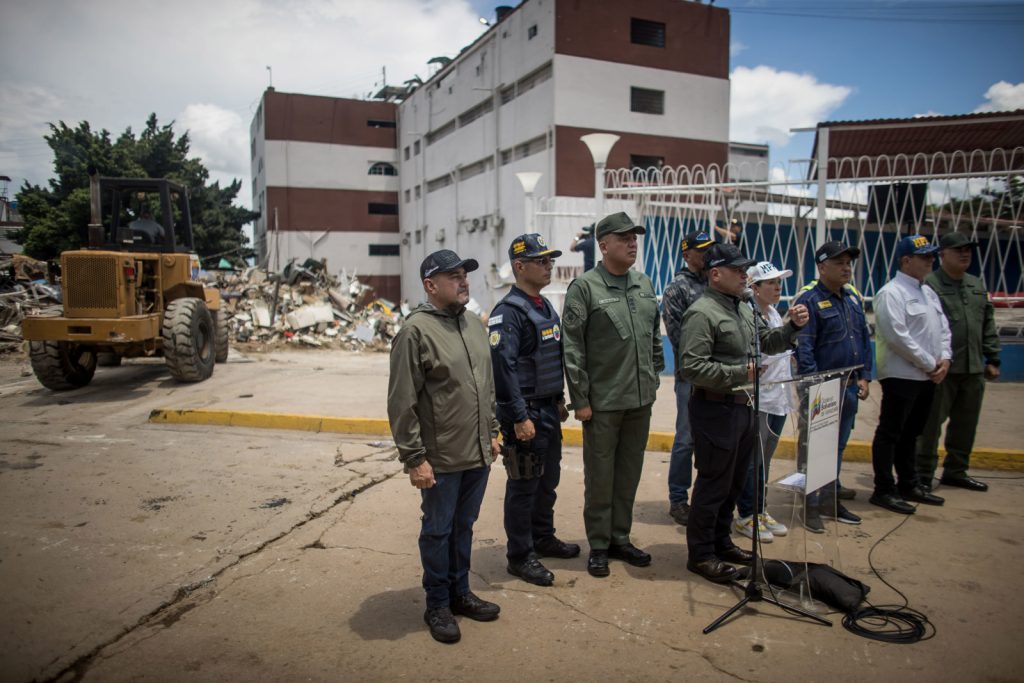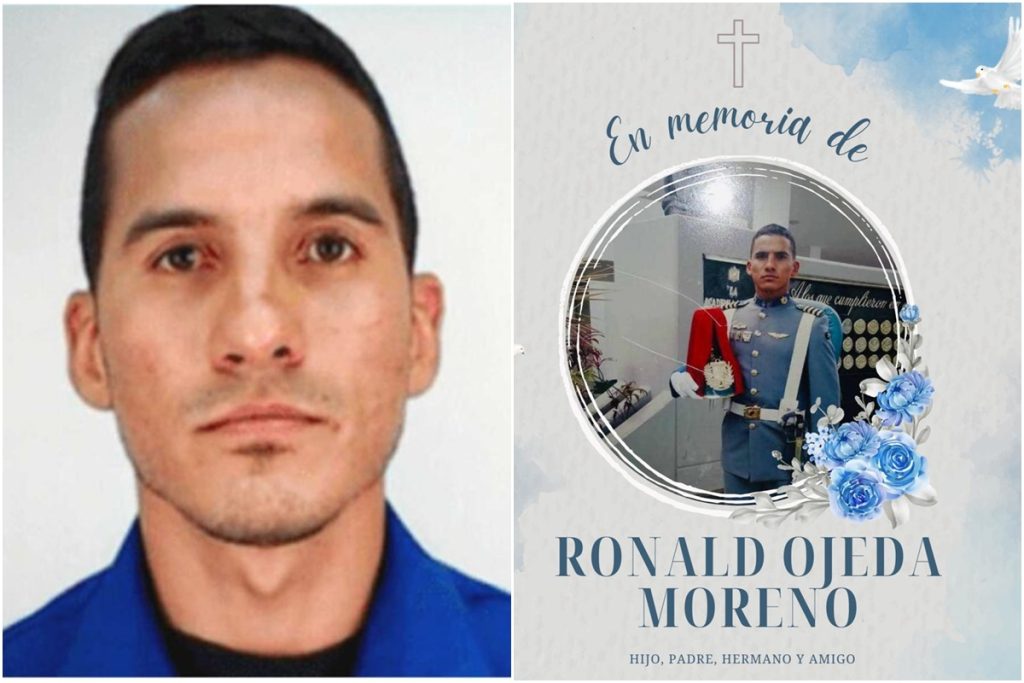How has the proliferation of organized crime in Venezuela become a problem for the region?

At the end of September 2023, some 11,000 soldiers and police entered the Aragua Penitentiary Center, in north-central Venezuela, without prior notice. As the officials entered the prison, known as Tocorón, it was impossible for them to hide their surprise when they found swimming pools, a baseball stadium, a zoo, alcohol and drug stores, and even restaurants. But the most deafening thing was found a few hours later: various secret tunnels that allowed prisoners to leave and enter the prison without restrictions. Héctor Rusthenford Guerrero Flores would have escaped through those passages, alias “Warrior Boy”head of the transnational gang Tren de Aragua and now one of the most wanted people related to organized crime on the continent.
Some specialized publications, like InSight Crimethey suggested that The escape of the gang leaders was an operation agreed upon and planned with the national government. However, Venezuelan authorities denied this version of events.
During his confinement in the Tocorón prison, Niño Guerrero turned the prison into the operations center of the Aragua Train. The gang began controlling the territories of local communities in the state of Aragua, subjecting them to crimes ranging from economic extortion, kidnappings, physical violence and murder.

Héctor Guerreo, alias Niño Guerrero, designated ringleader of the Aragua Train
At the other end, in the southeast of the country, in the state of Bolívar, the scenario is not very different. In the extensive lands of the Orinoco Mining Arc, there are constant conflicts between armed criminal groups and the State security forces for control of the mines that emerge in the territory, according to reports from the Independent International Mission to determine the facts. on Venezuela from the United Nations. Sometimes there is even collusion between authorities and criminal groups, the report stated.
The direct consequence has been that the mafias maintain de facto control over the mining areas of the region, allowing the illegal exploitation of gold mines and contributing to the deforestation of natural areas. This scenario, encouraged by internal fights between gangs for control of illicit income, has ended up causing violent raids and the creation of a system of rules that subjects the population to corporal punishment such as beatings, amputations and murders, according to witnesses. UN experts.
And, while criminal groups continue to expand, the State seems unable to cope with the situation.

The Minister of the Interior and Justice, Remigio Ceballos, speaks during a security operation at the Tocorón penitentiary center, on September 23, 2023. Photo: EFE
How has organized crime been perfected?
The operations of criminal groups have been perfected in the last decade, in the opinion of Will Freemana researcher in Latin American studies at the Council on Foreign Relations, a think thank you in the United States specialized in foreign policy and international relations.
The mafias, explains Freeman, have changed their strategies: they no longer focus on fighting until they overthrow governments, but rather they dedicate significant energy to recruiting networks of politicians, judicial officials, security services and other bureaucrats that allow them to infiltrate within state institutions.
“These (criminal) groups need a certain degree of control over the State and politics to function, so they establish parallel powers to disable the State’s ability to enforce the law and limit the actions of democracy,” he said in a telephone conversation. with The National.
Once they achieve this control, the consequences are enormous: they increase violence, destroy the institutions of the countries and encourage the strengthening of organized crime, which expands in search of new illicit income even in other latitudes.
One of these examples is the Aragua Train, which has expanded its activities to countries such as Chile, Bolivia, Peru, Colombia, Ecuador and the United States, where they participate in migrant smuggling operations, money laundering, human trafficking, hitmen. , kidnappings, extortion and drug trafficking, according to complaints presented by the governments of said countries.
The members of the gang have even operated as a repressive arm of Nicolás Maduro’s government abroad, according to statements by Chilean prosecutor Héctor Barros, who suggested that the kidnapping and murder of former military officer Ronald Ojeda in Chile had been planned from Venezuela for “political reasons”.

Chilean prosecutor Héctor Barros pointed to a political motive for the death of Ronald Ojeda
“Mafia states”
There are some places where organized crime has greater control over state institutions, such as Honduras and some regions of Mexico. Among them, Freeman also includes Venezuela. “I think you could describe all of these places as mafia states or approaching them, because the distinction between the State and mafia groups is blurred,” he indicated.
One factor driving this trend has been the restructuring of illicit economies across the Americas, which began to occur in the last decade, according to Freeman. And within that factor there are, in turn, three other elements that explain these changes:
- The colossal increase in cocaine production driven by demand among consumers. This has created new world markets and, therefore, the need to obtain new territories to produce it. If before the United States distribution was mainly focused on the United States, it has now spread to Europe.
- The rise in demand for gold in international markets has triggered, in parallel, “a criminal gold rush.” As is the case in the Orinoco Mining Arc, organized crime took control of the mining areas, created illegal mines and, through them, has captured illicit income that increasingly generates more profits.
- The migration of millions of people in the region became another million-dollar industry for criminal groupswho benefit by controlling routes, extorting migrants and smuggling people.
“It is increasingly common for criminal groups to be better organized,” warns Freeman, and laments that, if there are no noticeable changes in the actions to combat them, more democracies will be threatened while mafias continue to consolidate in more territories.
Related News
Independent journalism needs the support of its readers to continue and ensure that the uncomfortable news they don’t want you to read remains within your reach. Today, with your support, we will continue working hard for censorship-free journalism!
